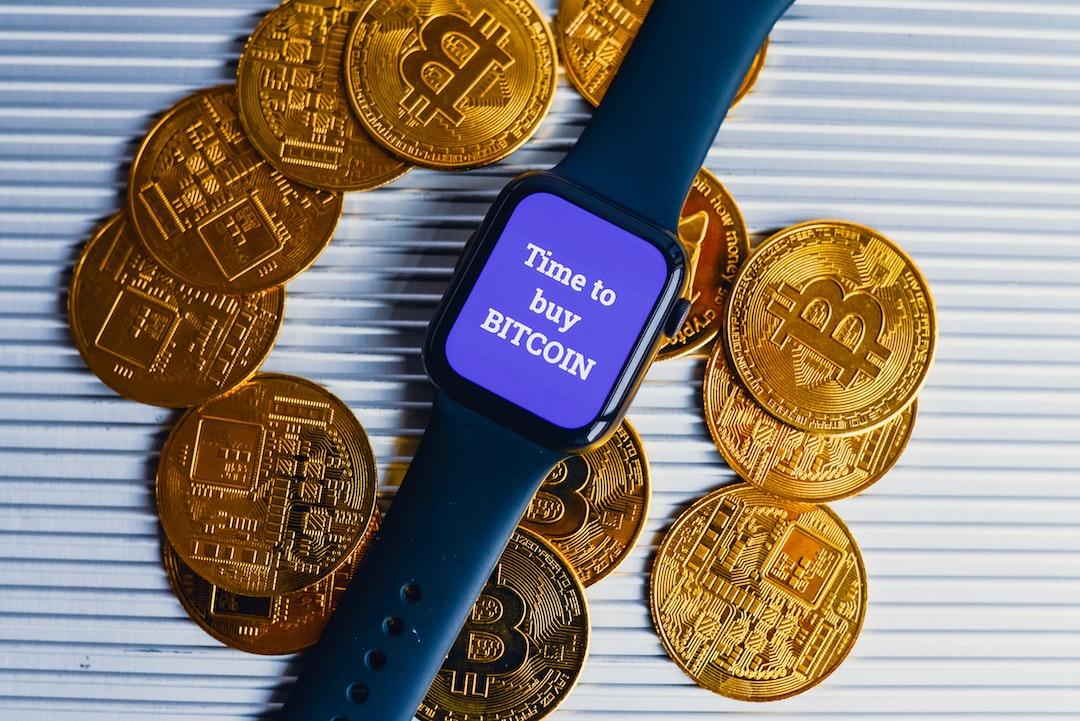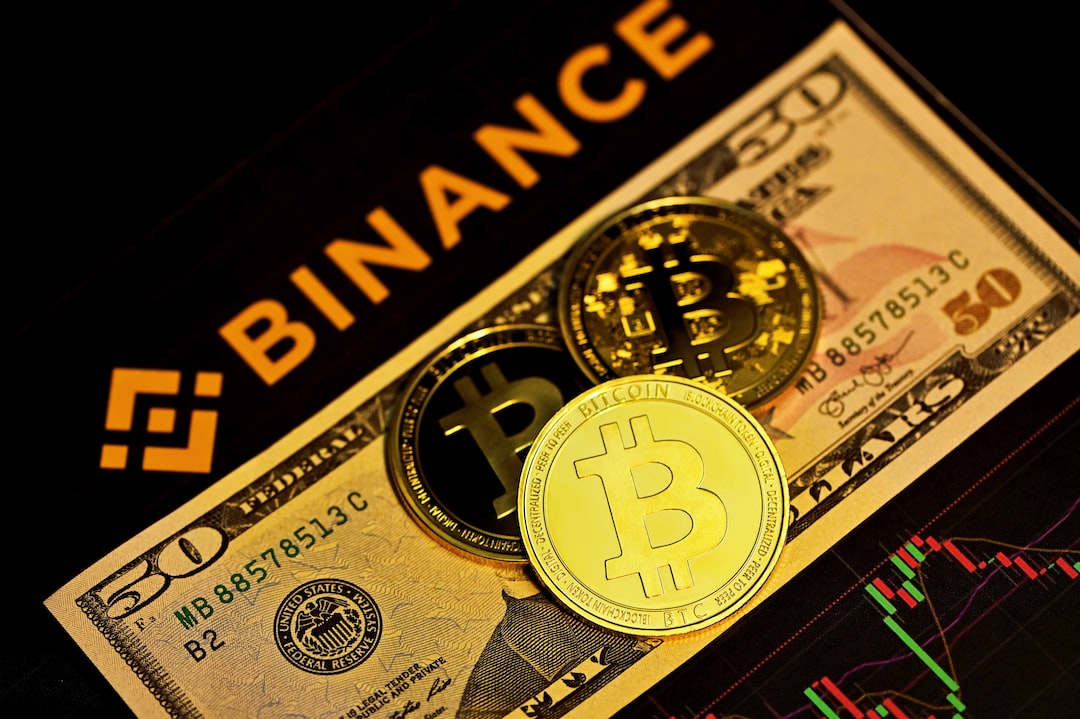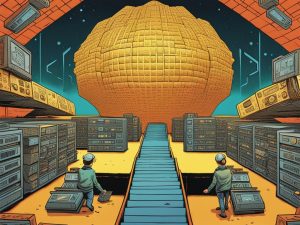The Cardano Network Lacks Meaningful Use
The latest research note from K33 Research claims that the Cardano network lacks any meaningful use or credible track record, which could have negative implications for its native token, ADA. According to the research, the network is characterized by “exchange transfers and a group of bagholders fabricating blockchain activity,” with no other significant developments taking place.
Stablecoin Situation Raises Concerns
K33 Research highlights the absence of stablecoins such as USDT and USDC on the Cardano network as evidence of its lack of purposeful activity. Stablecoins are a common unit of exchange for decentralized finance (defi) altcoin trading, and their absence suggests a lack of meaningful defi activity on the network.
ADA’s Drift Into Irrelevance
Although there are some stablecoins on the Cardano network, the fact that they are trading at 76 cents to the dollar indicates a lack of activity. K33 Research concludes that without any traction, Cardano is at risk of drifting into irrelevance over time, joining other networks like IOTA, NEO, EOS, and Concordium that have faced a similar fate.
The Vulnerability of ADA
The research note also questions the appeal of Cardano’s native token, ADA, which has a market value of around $19 billion. The note suggests that people have been enticed into buying ADA due to the network’s “scientific mumbo-jumbo story,” but over time, the token’s gradual disappearance from the crypto landscape is inevitable, despite Cardano’s claim of being a research-driven blockchain network.
Closing Thoughts: Hoskinson Responds
When asked about K33 Research’s claims, Cardano founder Charles Hoskinson dismissed the research, stating that he had never heard of them. However, the concerns raised by the research note regarding Cardano’s lack of activity and potential irrelevance over time should not be ignored.





 By
By
 By
By
 By
By

 By
By
 By
By